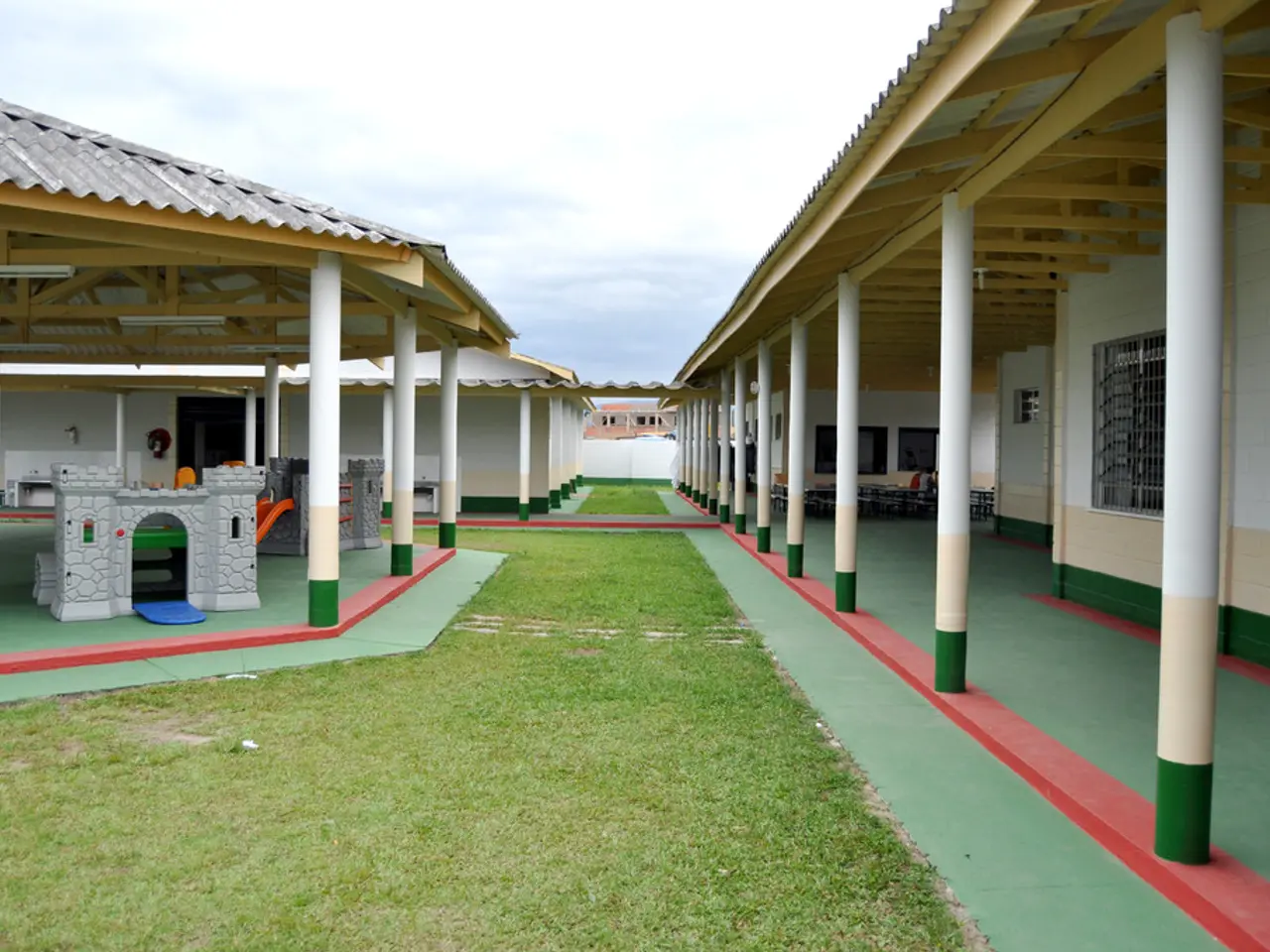Navigating Life with PTSD: Techniques for Managing Anxiety and Recurring Flashbacks
Post-Traumatic Stress Disorder (PTSD) is a type of anxiety disorder that can develop after a person has experienced or witnessed a traumatic event. This condition can result from multiple adverse childhood experiences (ACEs), which include unstable adult relationships, food insecurity, childhood abuse, and the internalization of trauma.
PTSD can manifest after both big and obvious traumatic events, such as combat or sexual assault, as well as after a series of smaller, less obvious, stressful events. Regardless of the cause, it's essential to understand that PTSD is not a sign of weakness, but rather a change in brain structure due to the traumatic experience.
The process of treating PTSD can be challenging, but it's crucial to remember that it's a journey towards healing. The gold-standard treatment for PTSD is trauma-focused cognitive-behavioral therapy (TF-CBT), which aims to help individuals understand their thoughts and feelings about the traumatic event and develop coping strategies. Another variation of this therapy called EMDR (eye movement and desensitization reprocessing) is also used.
Being kind to oneself is crucial during PTSD treatment. It's important to remember that recovery takes time and effort, and it's not a sign of weakness to ask for help. Asking for help and adjustments at school or work can be beneficial for managing PTSD symptoms. Seeking support, whether from friends, family, or support groups, can help those with PTSD feel less isolated.
Having a skilled mental health professional for support is also vital during PTSD treatment. A psychiatrist like Molly Wimbiscus, who works at the Cleveland Clinic, can provide guidance and help alleviate symptoms of PTSD.
Embracing daily routines, even mundane ones, can help manage symptoms of PTSD. This routine can provide a sense of normalcy and stability, which can be beneficial in the recovery process.
It's important to avoid substances like drugs and alcohol during PTSD treatment as they can make recovery harder. Chronic PTSD can impact brain and overall development leading into adulthood, so it's crucial to prioritize recovery for long-term health.
While some people with PTSD may notice their symptoms fade in a matter of months, for others, healing takes longer. Time is one of the greatest healers in PTSD recovery, and it's essential to be patient with oneself during the healing process.
In conclusion, PTSD is a serious condition that can have a profound impact on a person's life. However, with the right support, treatment, and self-compassion, recovery is possible. If you or someone you know is struggling with PTSD, seek help from a mental health professional.






